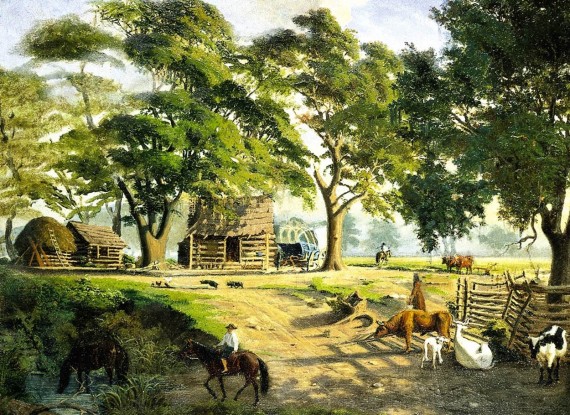
DATED
With roots in urban America, the libertarian New Class, which staffs so many of today’s influential think tanks, is disinclined to view the troubles in rural America as a real crisis. This group tends to view a farm as simply another unit of production that, if inefficient, should wither away without public concern—indeed no more deserving of concern than the closing of an unprofitable convenience store or a failing fast-food outlet.
Traditional conservatives, especially Southern conservatives who have their personal and intellectual roots in America’s agrarian past, find the scope and severity of change in rural America to be profoundly alarming and very deserving of public concern. They fear that the winds of economic change that are blowing across rural America will alter the national character. Change has been taking place for some years, of course, and adjustments have been made to it. However, the collapse of world markets for American agricultural products—and the dim likelihood of these being regained any time soon—has accelerated change alarmingly. The visionary planners who promoted the “Green Revolution” succeeded to an extent they and others never imagined. American agricultural assistance to Third World countries has caused their food production to soar. As a result, America has lost major foreign markets, and the country’s domestic agricultural economy has been devastated.
More @ The Abbeville Institute

No comments:
Post a Comment